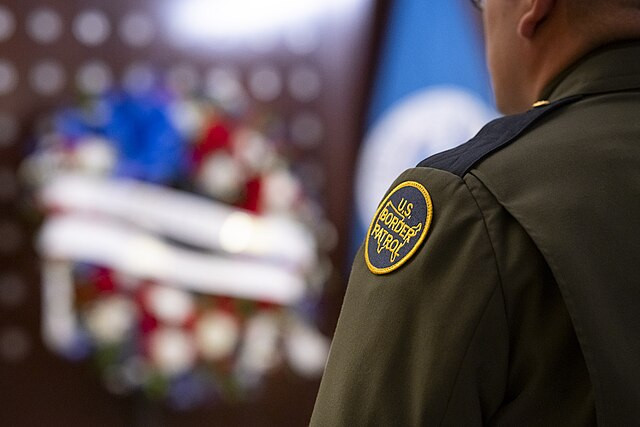The Biden administration announced the temporary suspension of a humanitarian entry program that allows citizens from four countries to enter the United States. This pause comes amid concerns about fraudulent sponsor applications and a need to strengthen vetting processes. The program, which aims to provide a legal pathway for up to 30,000 people per month from Cuba, Haiti, Nicaragua, and Venezuela, has been a critical part of the administration's strategy to curb illegal border crossings.
The Department of Homeland Security (DHS) stated on Friday that the issuance of travel authorizations under this program had been halted "out of an abundance of caution." This decision is part of an ongoing review to ensure the integrity of the sponsor application process, according to a DHS spokesperson.
A DHS official, who requested anonymity, disclosed that new approvals have been on hold since mid-July. This suspension is intended to enhance screening and vetting procedures. The application portal remains open, and the official indicated that such pauses are routine, with expectations that approvals will resume in the coming weeks.
The program, known as CHNV, was initially implemented to provide legal entry routes and deter illegal immigration from the crisis-stricken nations. Since its inception, approximately 520,000 individuals have entered the U.S. under the program. The CHNV policy also includes returning migrants to Mexico if they attempt to cross the border illegally, a measure credited with significantly reducing illegal entries.
However, concerns about the integrity of the sponsor process have emerged. Reports surfaced of multiple sponsorship applications listing the same address and the use of fake Social Security numbers. The Federation for American Immigration Reform, an organization advocating for lower immigration levels, highlighted these issues, prompting further scrutiny.
The DHS clarified that its screening of U.S.-based sponsors is distinct from the vetting of program participants and that no significant concerns have been identified regarding the screening of beneficiaries. As of June 30, about 495,000 people from the designated countries had entered the United States under this initiative.
Despite the program's temporary suspension, the application portal remains operational. DHS continues to investigate potential fraud, with instances referred to the Justice Department for possible criminal prosecution.
This development has sparked a strong reaction from various quarters. Tennessee Representative Mark Greene, a Republican and chair of the House Homeland Security Committee, stated, "This is exactly what happens when you create an unlawful mass-parole program in order to spare your administration the political embarrassment and bad optics of overrun borders."
Since its establishment, the program has faced criticism from Republicans who argue that it is overly permissive. They contend that it allows too many individuals to enter the country without sufficient oversight. Conversely, the Biden administration and its supporters argue that the program provides a necessary legal avenue for migration and helps to manage border security more effectively.
The CHNV initiative has also been legally contested. Republican-led states have challenged it in federal court, claiming it violates the humanitarian parole law. Earlier this year, a federal judge in Texas dismissed the lawsuit, ruling that the states had not demonstrated harm from the policy. The states are currently appealing this decision.





